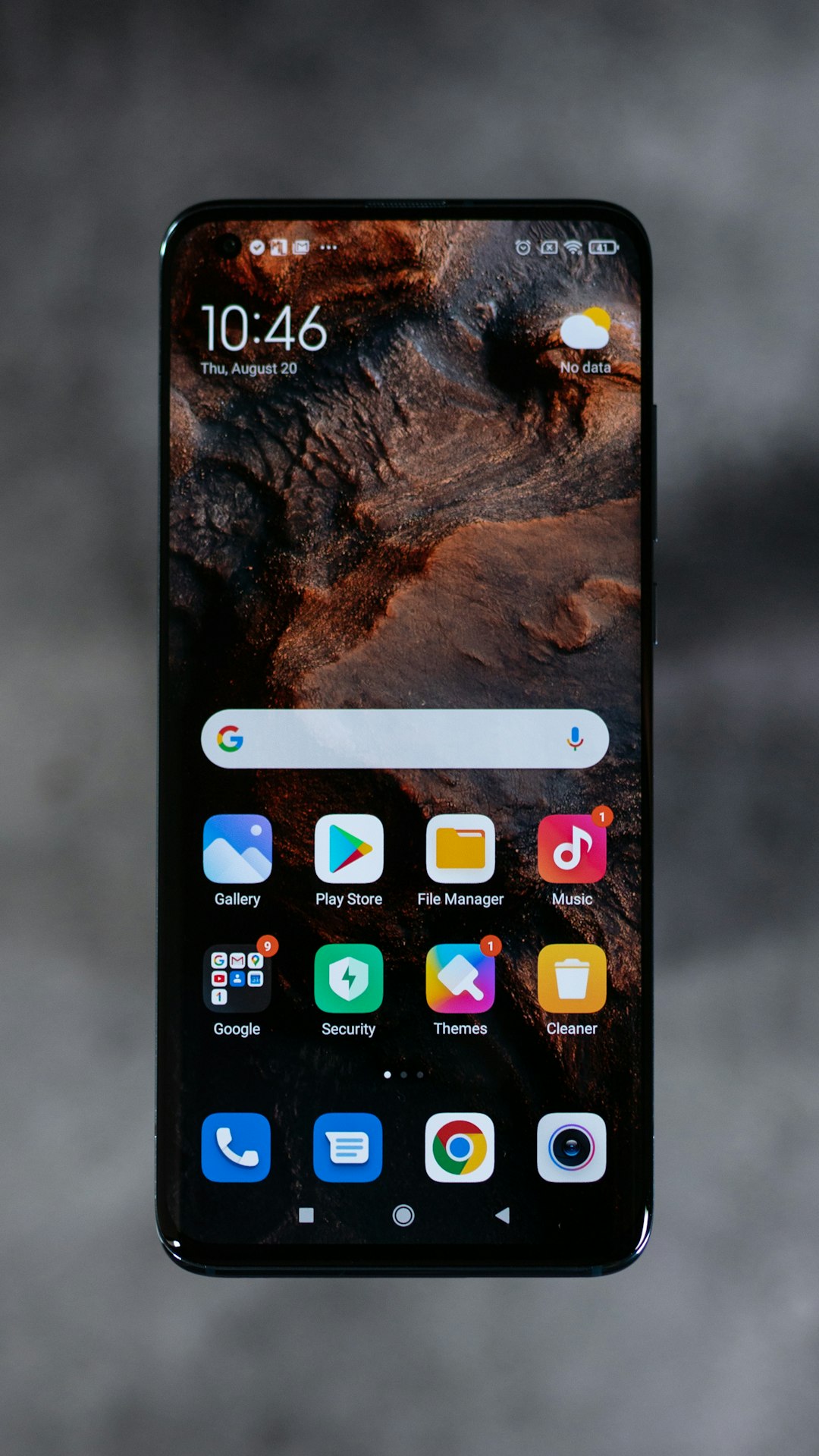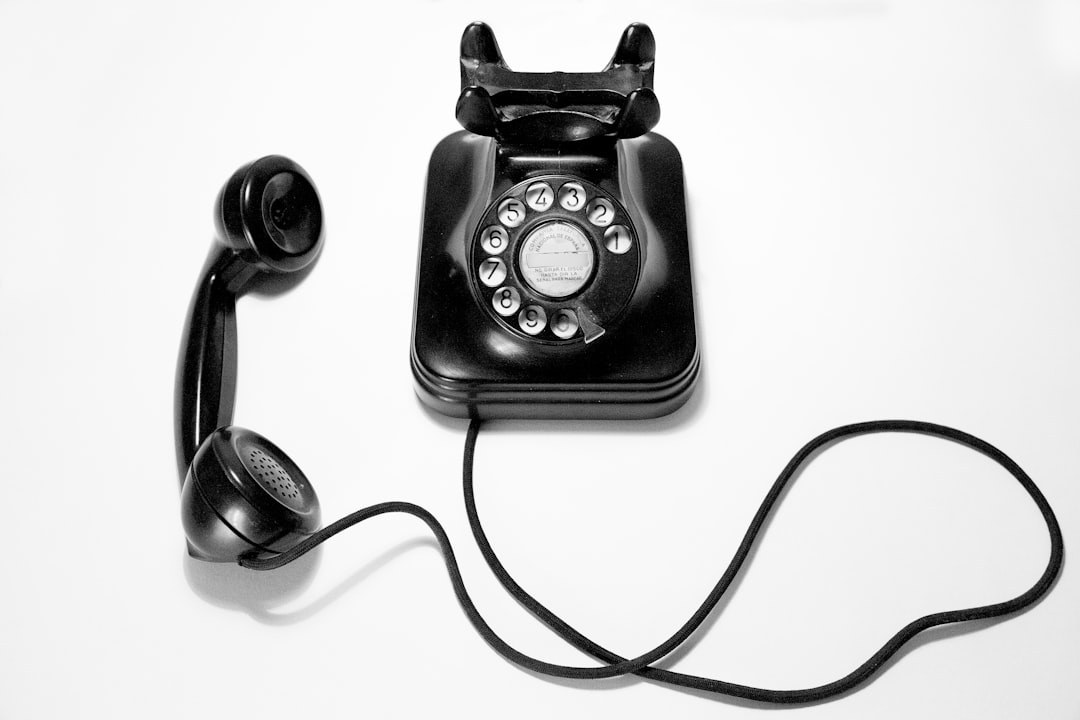Robocalls are a widespread problem in Utah, but consumers have legal protections through the Telephone Consumer Protection Act (TCPA) and Utah state laws. Residents can take steps like enrolling in the National Do Not Call Registry, using call-blocking apps, and reporting robocalls to reduce their impact. While suing for robocalls in Utah is complex and impractical due to volume, consulting with a consumer rights attorney is crucial if calls violate privacy or constitute harassment. Community initiatives and local legal aid organizations empower Utahns to navigate legal avenues and reclaim control over unwanted automated calls.
Utah residents face a growing nuisance from robocalls, but there are effective ways to combat this issue. This article explores how to make a difference against robocalls in Utah, delving into legal rights and practical steps to reduce unwanted calls. We discuss when suing for robocalls is viable and highlight community actions. By understanding your options, you can protect yourself and contribute to a quieter Utah—one call at a time. Learn about your rights and take action against these relentless automated messages with these comprehensive guides.
Understanding Robocalls and Their Impact in Utah

Robocalls have become a ubiquitous and often frustrating aspect of modern life, and Utah is no exception. These automated phone calls, designed to deliver pre-recorded messages en masse, can be used for legitimate purposes like political campaigns or debt collection. However, many robocalls are unsolicited and fall into the category of telemarketing or even scams, leading to significant negative impacts on recipients. In Utah, where privacy laws are in place to protect residents, understanding the legal avenues against robocalls is crucial.
One common question that arises is, can I sue for robocalls in Utah? While individual lawsuits may not be the primary method to combat robocalls, knowing your rights and available resources is essential. The Telephone Consumer Protection Act (TCPA) offers protections against certain types of robocalls, allowing individuals to file complaints with the Federal Trade Commission (FTC). Additionally, state laws in Utah provide further safeguards, such as restrictions on telemarketing practices, which can be leveraged when dealing with unwanted calls.
Legal Rights Against Robocalls in Utah: What You Need to Know

In Utah, as in many other states, consumers have legal rights against robocalls. The Telephone Consumer Protection Act (TCPA) prohibits automated or prerecorded phone calls to cellular phone numbers without the caller’s prior express consent. If you’ve received unwanted robocalls, you may have grounds to take action.
If a company has violated your TCPA rights by calling you using an automatic dialing system, you could be entitled to damages. This includes both monetary compensation for each violation and, in some cases, additional penalties. While suing for robocalls can be complex, Utah’s laws offer protections against these intrusive calls. Consider reviewing your call history and documenting the instances of unwanted calls to determine if taking legal action is the right step for you. Remember, knowing your rights is the first step towards making a difference in combating excessive robocalls.
Steps to Stop Robocalls: Practical Measures for Utah Residents

In an effort to make a difference against robocalls in Utah, residents can take several practical measures to mitigate their impact. First and foremost, enroll in the National Do Not Call Registry. This federal list restricts telemarketers from calling your number, though it may not stop all robocalls as some are generated locally or through loopholes. Additionally, install reputable call-blocking apps or hardware on your phone. These tools can identify and block known robocallers, significantly reducing unwanted calls.
Further protection against robocalls in Utah involves being vigilant. Never provide personal information over the phone unless you initiate the call and verify the requester’s legitimacy. Be wary of unexpected or unknown numbers. Reporting robocalls to your service provider and the Federal Trade Commission (FTC) is also crucial, as these agencies track and take action against persistent violators. While suing for robocalls in Utah isn’t always feasible due to legal complexities and the volume of calls, supporting collective efforts to combat them can make a meaningful difference in limiting their frequency and impact.
When Is It Worth Suing for Robocalls? A Legal Perspective

In Utah, or anywhere in the US, considering legal action against robocallers is a significant step and should be approached carefully. While it’s understandable that unwanted calls can be frustrating, not all robocalls are inherently illegal. However, if these automated phone calls violate your privacy rights or are part of a larger pattern of harassing behavior, it may be worth exploring legal options.
The Telephone Consumer Protection Act (TCPA) provides consumers with certain protections against unsolicited phone marketing calls, including robocalls. If you can prove that a call was made without your prior consent or in violation of TCPA guidelines, you might have grounds for a lawsuit. This includes cases where robocallers persist despite your requests to stop calling or use automated dialing systems incorrectly. Consulting with a Utah-based attorney specializing in consumer rights and telecommunications law is crucial to determine the best course of action, including whether suing for robocalls is the appropriate solution based on your unique circumstances.
Community Actions: Collective Efforts to Combat Robocalls in Utah

In Utah, combating robocalls isn’t just an individual struggle; it’s a community effort. Collective actions can significantly reduce the number of unwanted automated calls residents receive. Neighborhood watch programs and local community groups are playing a vital role in this fight by sharing information and strategies to identify and block robocallers. These initiatives empower Utahns to take control of their phone lines and create a more peaceful, less disruptive living environment.
Moreover, there are legal avenues for those considering taking action against robocallers. In Utah, the “Can I Sue For Robocalls” question is not uncommon. While federal laws exist to regulate telemarketing practices, such as the Telephone Consumer Protection Act (TCPA), suing for robocalls requires specific circumstances and evidence of harassment or abuse. Local legal aid organizations offer guidance on this matter, assisting Utah residents in understanding their rights and exploring potential legal recourse against persistent and abusive robocallers.






